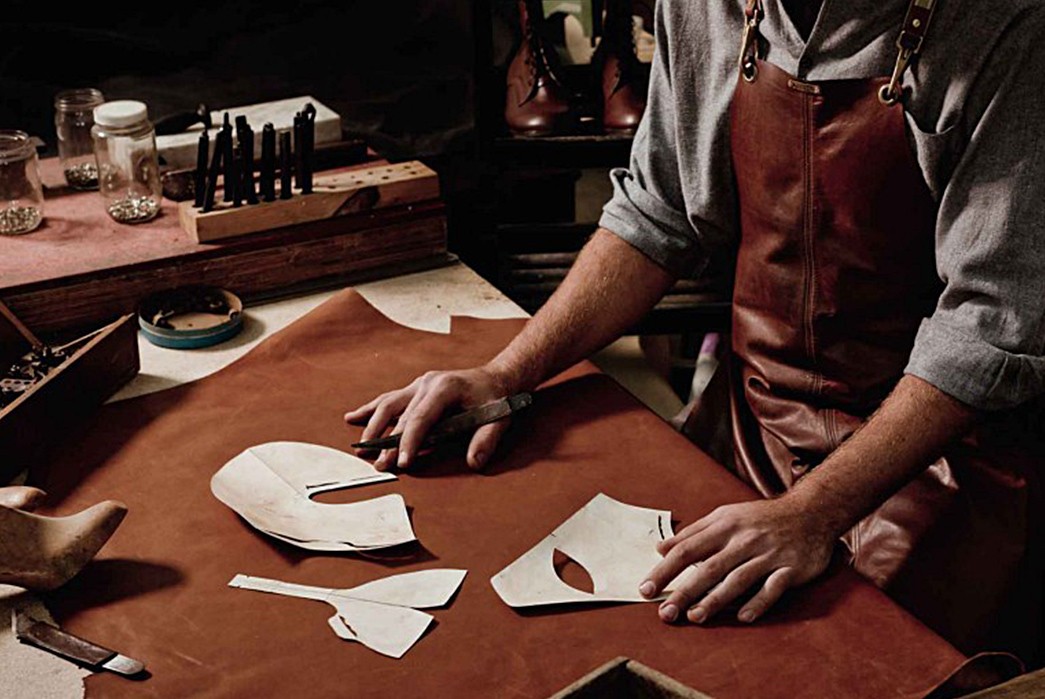For millennia, people have used leather for clothes, furniture, and accessories. Nonetheless, there are certain ethical issues with leather manufacturing. Over the years, the leather industry has come under increased scrutiny on everything from animal welfare to environmental effects.

The handling of animals during leather production is one of the primary ethical issues. The majority of leather originates from cows, which are frequently housed in factory farms under crowded, unhygienic circumstances. Concerns concerning animal welfare arise because these animals may be abused and kept in unfavorable settings.
The effects of leather production on the environment are another issue. Toxic chemicals are used in the tanning process, which can contaminate the air and water in nearby areas. Also, in areas where water resources are already scarce, the considerable volumes of water needed for tanning and processing leather may result in a water shortage.

The social and economic effects of leather manufacture are also a source of worry. Concerns regarding worker exploitation arise as a result of the frequent poor working conditions and low compensation experienced by leather factory employees. Also, because leather production is frequently outsourced to nations with lower wages, the leather sector may have a negative impact on the economies of emerging nations.
You may address the ethical issues surrounding leather production as a customer in a number of ways. Alternatives to leather can include synthetic materials or natural options like cork or pineapple leather. Purchasing leather from businesses committed to ethical and sustainable manufacturing methods provides an additional choice. Check for certifications from organizations like the Leather Working Group, which attests that leather is manufactured in an ethical and responsible manner.

The ethical issues underlying the manufacture of leather are therefore intricate and varied. Consumers can take steps to make better informed and moral purchase decisions while the industry continues to struggle with these problems. By purchasing ethical and ecological goods, we can contribute to the development of a more responsible and compassionate global economy.
Don't stop now! Take your appreciation for quality leather to the next level with our complete leather collection. Explore now and upgrade your style today!

